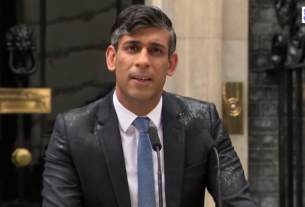WASHINGTON, D.C. The Trump administration has rolled back a major protection for journalists, revoking policies that restricted the government’s ability to subpoena reporters’ phone records, triggering widespread concerns over press freedom and potential abuse of executive power.
In an unannounced executive order issued late Wednesday, President Donald Trump authorized federal agencies to access journalists’ communications as part of national security investigations, reversing Biden-era reforms intended to safeguard press independence.
“The media is not above the law,” Trump stated during a White House press briefing. “If a reporter is sitting on criminal leaks that harm the country, we need to act. Period.”
The move drew swift condemnation from major press organizations and civil liberties groups. The Committee to Protect Journalists (CPJ) called the policy change “a dangerous step backward” that could chill investigative reporting and embolden authoritarian tendencies.
Jameel Jaffer, executive director of the Knight First Amendment Institute at Columbia University, warned: “This sends a message that whistleblowers and reporters are fair game. It undermines the core values of a free press in a democratic society.”
In a separate announcement, Trump also proposed a sweeping downsizing of the federal government, calling for the elimination of several agencies, including the Department of Education, the Consumer Financial Protection Bureau, and USAID, as part of a broader push to cut government spending.
“We’re going to delete entire departments that do nothing but waste taxpayer money,” Trump said during a rally in Phoenix. “It’s time for a lean, focused government that minds its own business at home and abroad.”
The plan is expected to face staunch opposition in Congress, where both Democrats and moderate Republicans have voiced concern over the legal, economic, and humanitarian implications of gutting long-established institutions.
Senate Majority Leader Chuck Schumer blasted the proposals as “radical and reckless,” saying they would weaken U.S. global influence and undermine protections for millions of Americans.
This latest wave of executive actions adds to growing concerns over Trump’s second-term agenda, which critics say is increasingly driven by hardline populism and executive dominance. Meanwhile, supporters have hailed the moves as bold corrections to what they call “deep-state excess and bureaucratic bloat.”
The White House has indicated more regulatory rollbacks and agency reviews are on the horizon, signaling a confrontational phase in U.S. governance as the administration reshapes the federal landscape.




